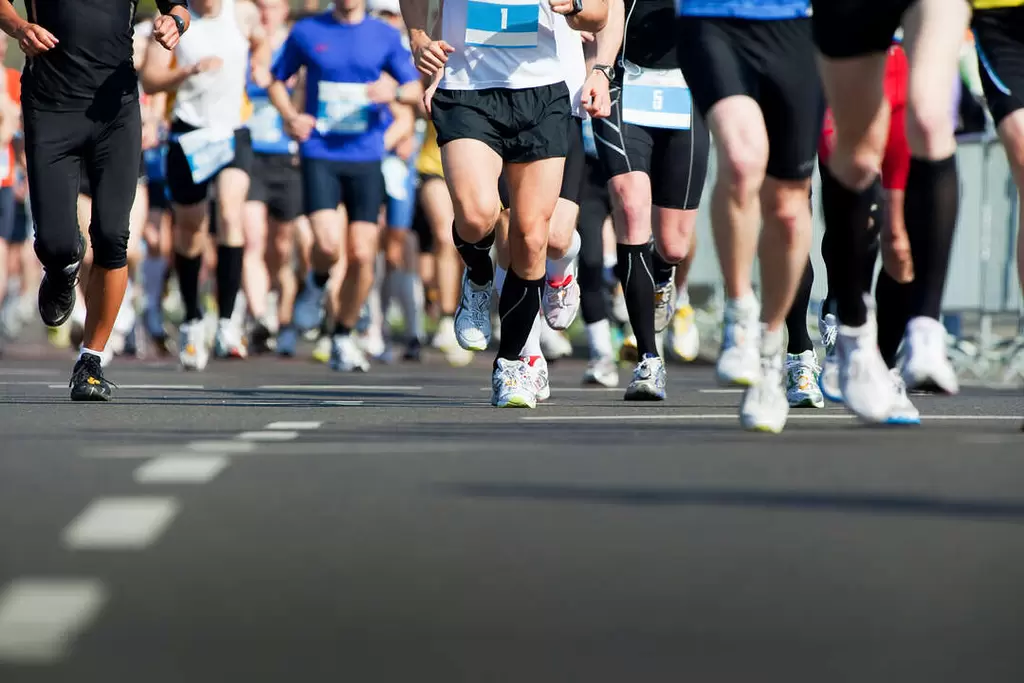Beginner's Guide to Running! 5 Essential Tips for Your First Half Marathon

Beginner's Guide to Running! 5 Essential Tips for Your First Half Marathon
Running is an activity that combines fun and challenge, but completing a marathon or half marathon requires not only strong determination but also thorough preparation to ensure success. Below are five key tips to help you perform your best on race day!
1. Build Your Running Distance Gradually
If you usually run 5 kilometers per session and only run once or twice a week, suddenly signing up for a marathon or half marathon is not advisable. The standard distance for a half marathon is 21 kilometers. If your regular training doesn’t cover this distance, suddenly increasing your mileage on race day will heighten the risk of injury. Beginners should aim to consistently complete 10 kilometers before attempting a half marathon.
2. Choose the Right Gear
Having the right gear is essential for race day, including suitable running shoes, athletic wear, and a waist pack. When selecting running shoes, consider your foot arch and choose shoes with proper cushioning or support. Additionally, make sure to break in new shoes by running in them several times before race day to avoid blisters.
For clothing, opt for lightweight running vests or sports T-shirts. Similarly, wear your race outfit a few times beforehand to ensure comfort and avoid chafing.
3. Energy Supplementation Techniques
For first-time half marathon runners, consider bringing an energy bar or energy gel. Consume it around the 13–17 kilometer mark to replenish energy effectively. An energy bar typically provides 40–50 grams of carbohydrates, while energy gels contain around 25 grams of carbohydrates per packet due to their water content.
4. Pre-Race Nutrition
In the two days leading up to the race, focus on consuming carbohydrates such as rice, noodles, bread, or whole grains like red beans, sweet potatoes, and peanuts. These help store glycogen in your body. On race day, have a light breakfast—two slices of bread, one banana, a cup of milk, or a piece of chocolate. Avoid greasy, spicy foods. If you're lactose intolerant, skip dairy products to prevent stomach issues.
5. Get Enough Sleep
Marathon races usually start early in the morning. Aim to sleep by 10 PM the night before. Quality sleep helps ensure optimal race performance. If you're not used to sleeping early, start adjusting your sleep schedule a week before the race to avoid pre-race insomnia. With proper preparation, you’ll be ready to enjoy the run!